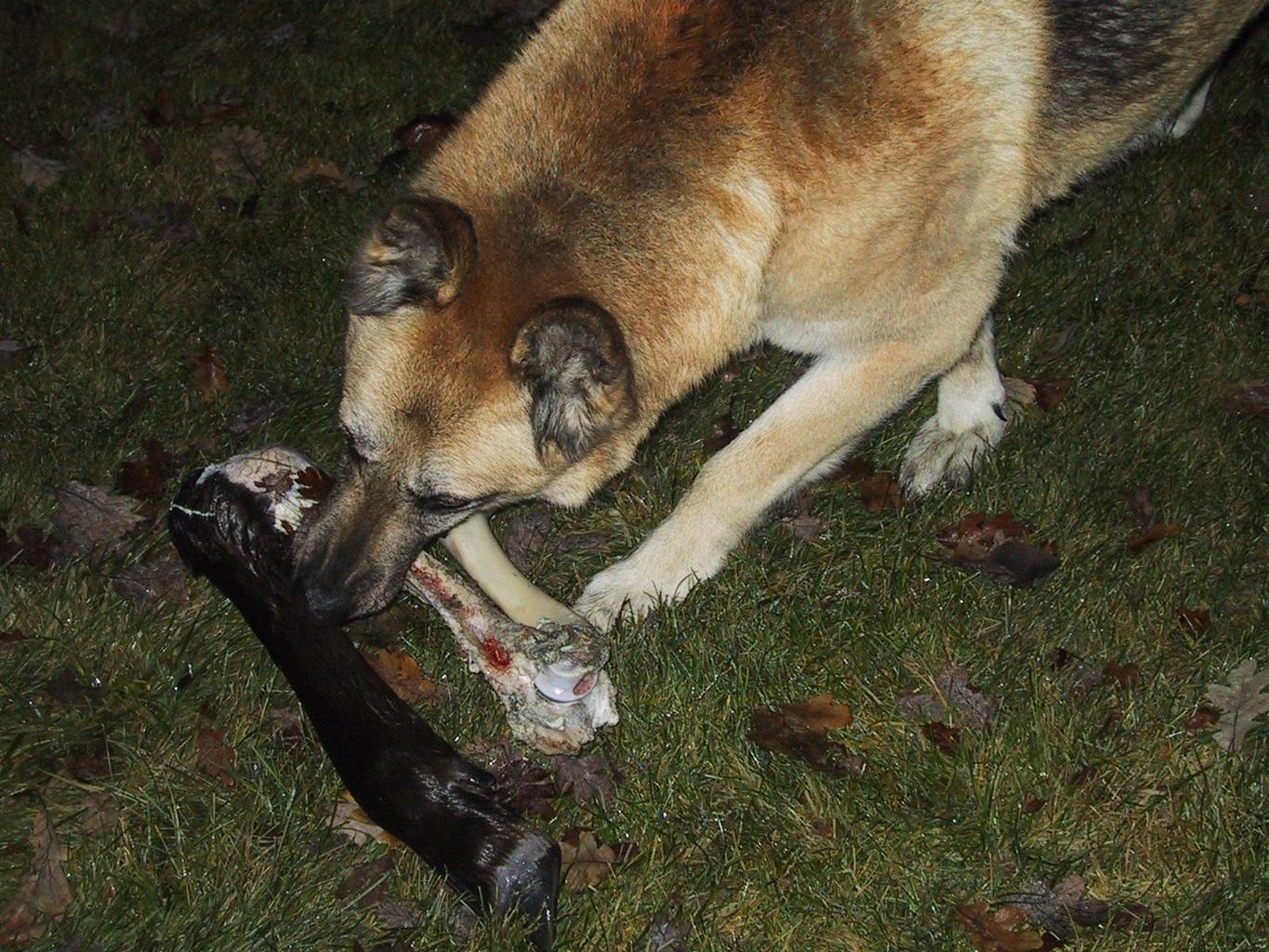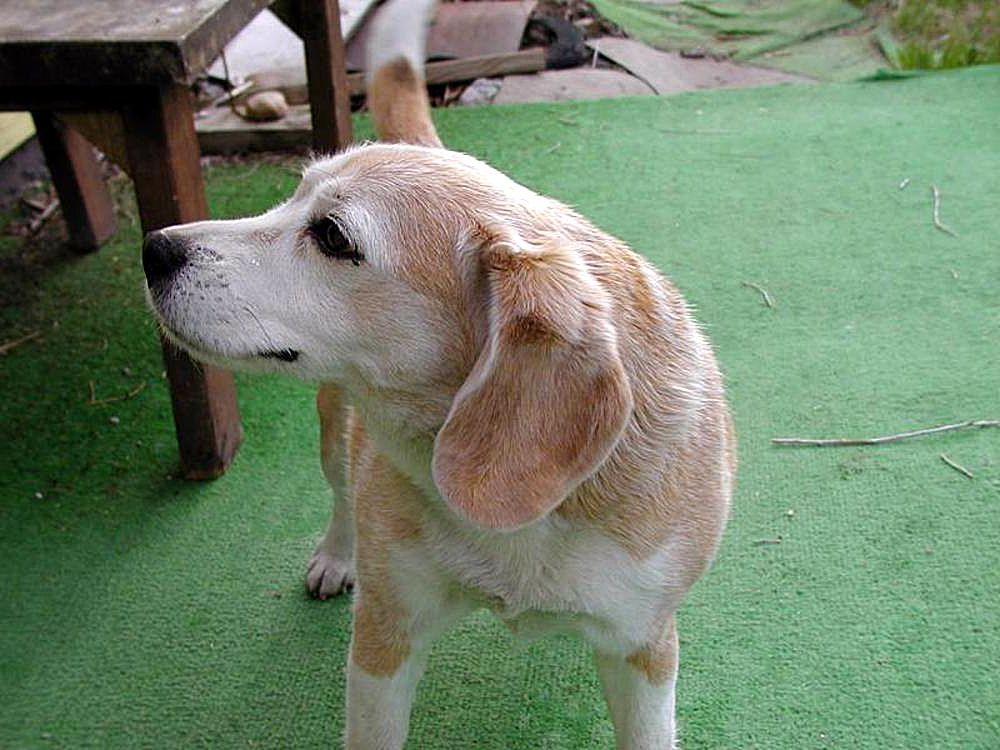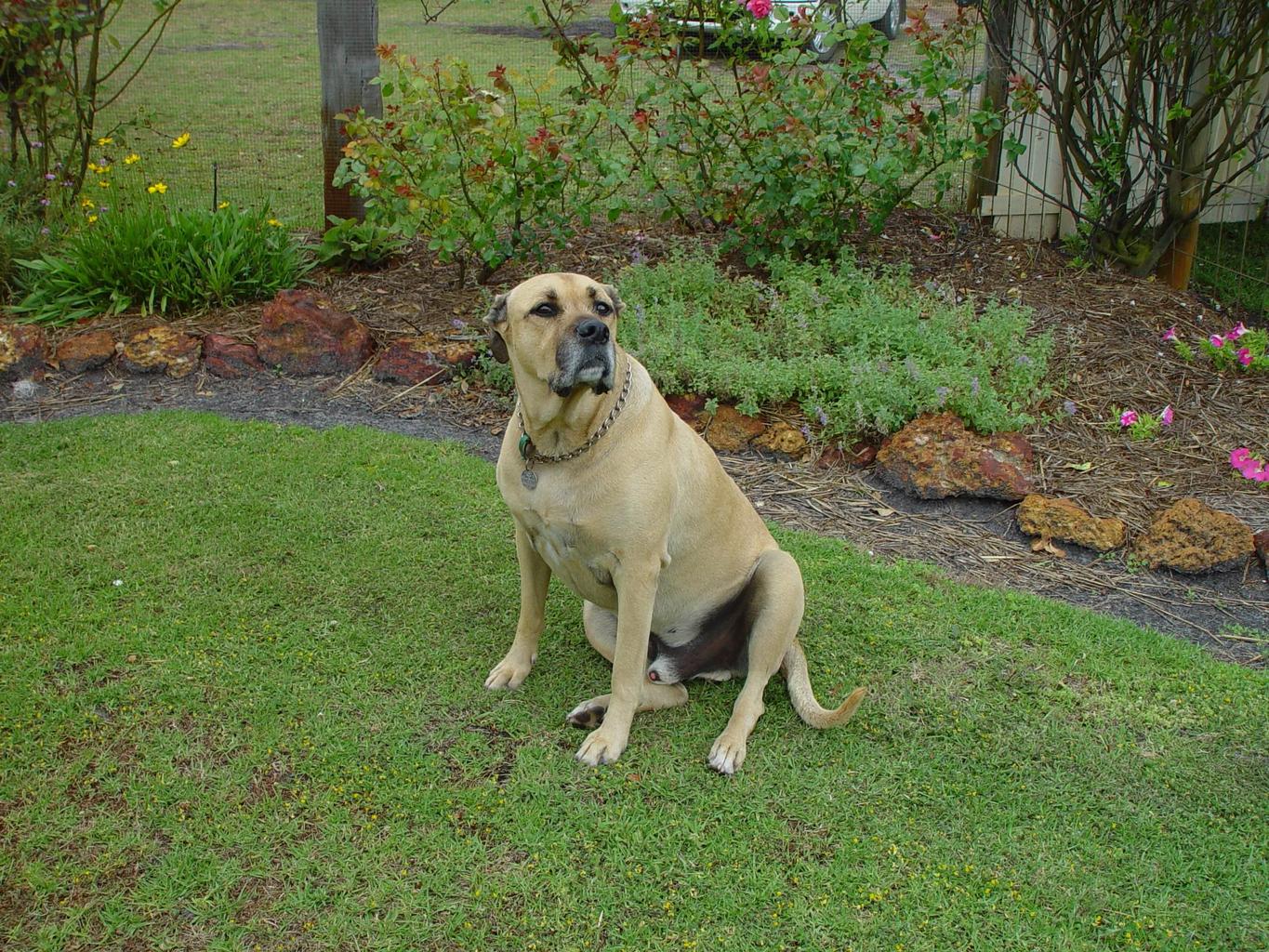As pet owners, we want to ensure that our furry friends stay safe and healthy at all times. But what happens when our dogs accidentally ingest something toxic? It can be a scary and stressful situation for both pet and owner. That’s why it’s important to know how to spot the symptoms of doggy poisoning and what remedies to use to heal your pup. In this article, we’ll go over some paw-some tips to help you do just that!
Woof-tastic! Learn to Spot Doggy Poisoning Symptoms 🐶
It’s important to remember that not all dogs will exhibit the same symptoms of poisoning. However, some common signs to watch out for include vomiting, diarrhea, loss of appetite, lethargy, seizures, and difficulty breathing. If you notice any of these symptoms in your dog, it’s important to act quickly and seek veterinary attention immediately.
Additionally, keep an eye out for any unusual behavior or symptoms that persist for more than a day or two. This could include weakness, loss of coordination, and excessive drooling. Remember, the faster you can identify the symptoms of poisoning, the better your chances of treating it successfully.
Fetching Remedies: How to Heal Your Pup from Poisoning 🐾
The first step in treating your dog for poisoning is to identify the specific toxin that they ingested. This can help your veterinarian determine the best course of treatment. In some cases, inducing vomiting may be necessary. However, this should only be done under the guidance of a veterinarian.
There are also some natural remedies that can help soothe your pup’s symptoms and aid in their recovery. These include activated charcoal, which can help absorb toxins in the stomach, and milk thistle, which can help support liver function. Always consult with your veterinarian before trying any natural remedies.
Remember, prevention is key when it comes to doggy poisoning. Keep all toxic substances out of reach of your dog, and be sure to supervise them closely when outside. By being vigilant and knowing how to spot and treat doggy poisoning, you can help ensure that your furry friend stays happy and healthy for years to come.
In conclusion, spotting and healing doggy poisoning can be a daunting task, but with these paw-some tips, you’ll be better equipped to handle any situation that may arise. Always remember to seek veterinary attention if you suspect your dog has ingested something toxic, and never hesitate to reach out to a professional for help. By being proactive and attentive, you can help keep your furry friend safe and healthy for many years to come. Woof woof!








